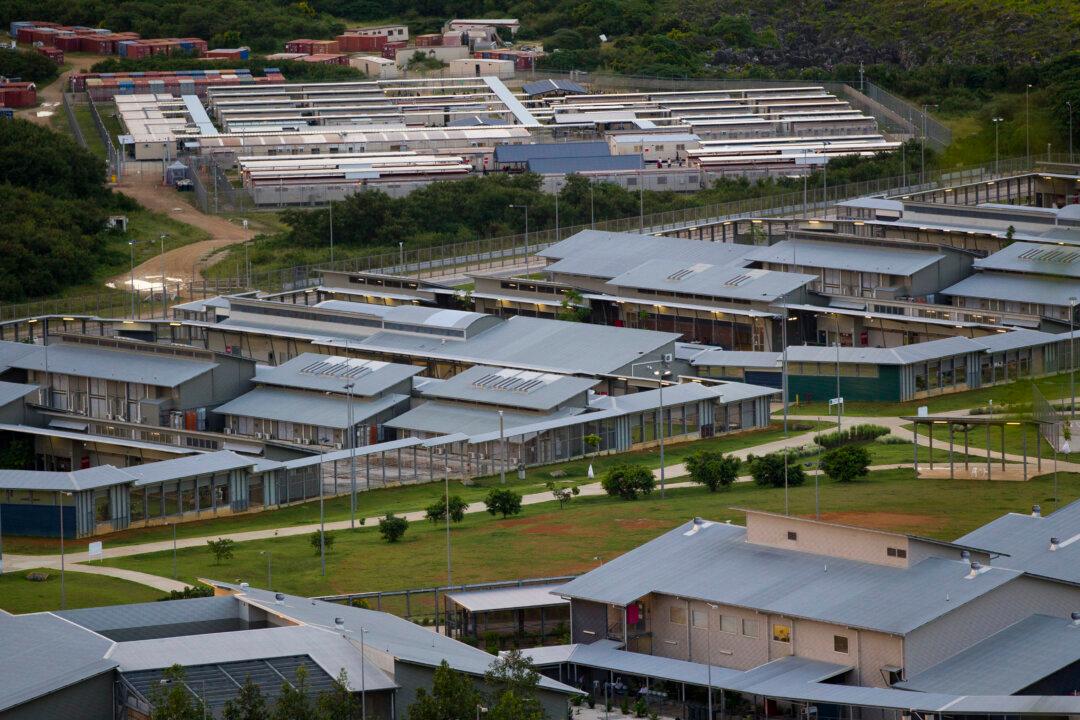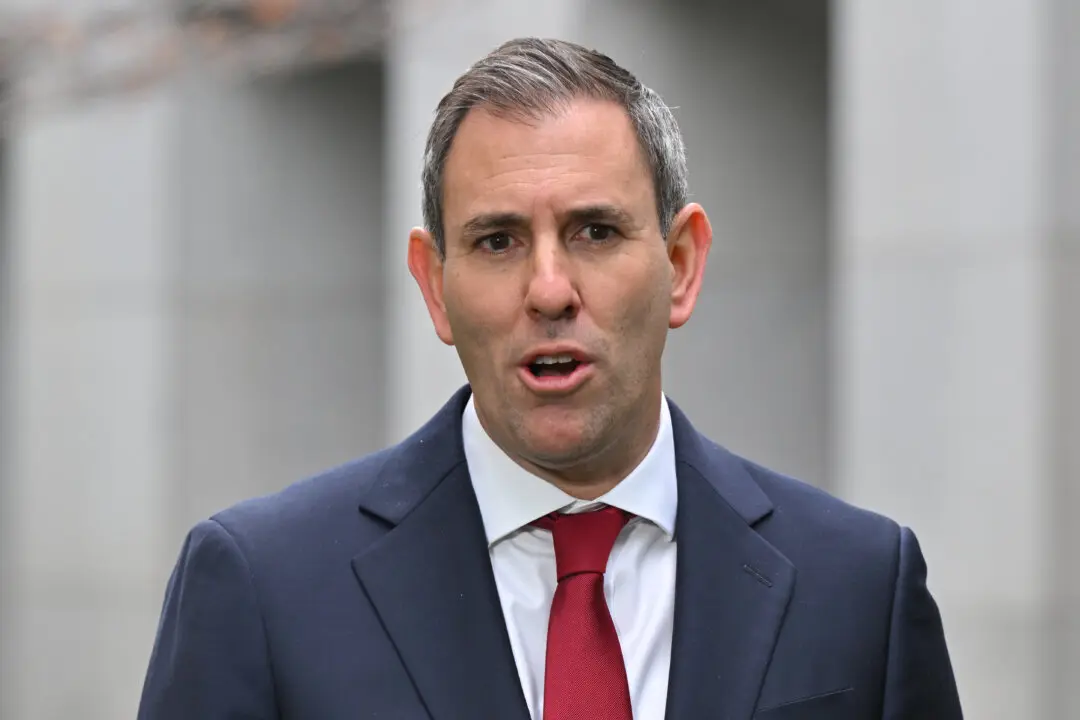Australia’s new migration laws will give the home affairs minister greater powers to deport non-citizens and pay third-party governments to accept them.
The Albanese Labor government’s three migration bills, which passed the Senate on Nov. 28, also allows criminal penalties to be imposed on non-citizens who refuse to cooperate with their own deportation, and tougher security measures for detention facilities.





